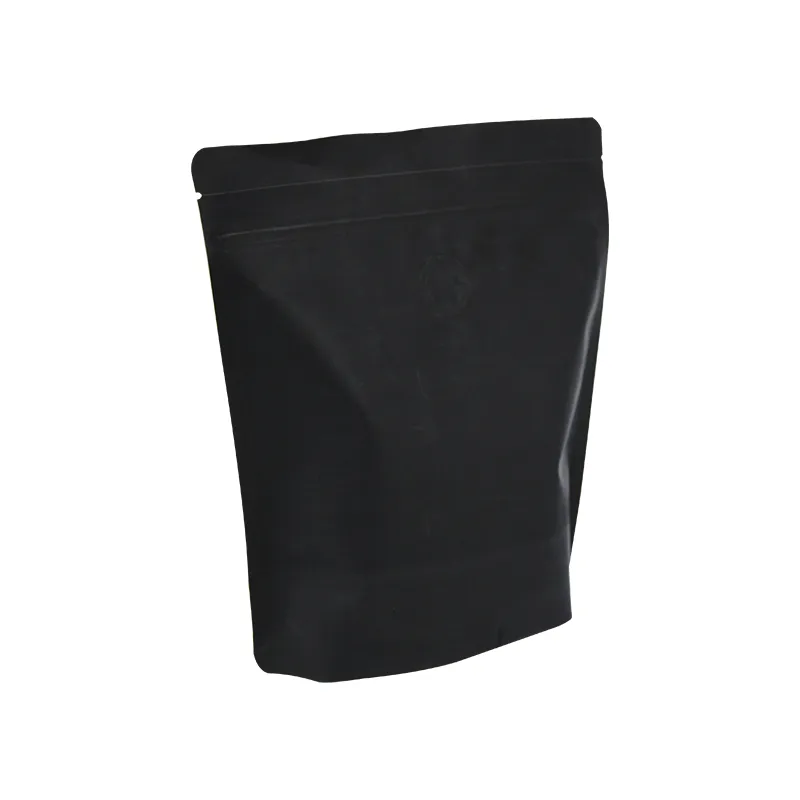- Afrikaans
- Albanian
- Amharic
- Arabic
- Armenian
- Azerbaijani
- Basque
- Belarusian
- Bengali
- Bosnian
- Bulgarian
- Catalan
- Cebuano
- chinese_simplified
- chinese_traditional
- Corsican
- Croatian
- Czech
- Danish
- Dutch
- English
- Esperanto
- Estonian
- Finnish
- French
- Frisian
- Galician
- Georgian
- German
- Greek
- Gujarati
- haitian_creole
- hausa
- hawaiian
- Hebrew
- Hindi
- Miao
- Hungarian
- Icelandic
- igbo
- Indonesian
- irish
- Italian
- Japanese
- Javanese
- Kannada
- kazakh
- Khmer
- Rwandese
- Korean
- Kurdish
- Kyrgyz
- Lao
- Latin
- Latvian
- Lithuanian
- Luxembourgish
- Macedonian
- Malgashi
- Malay
- Malayalam
- Maltese
- Maori
- Marathi
- Mongolian
- Myanmar
- Nepali
- Norwegian
- Norwegian
- Occitan
- Pashto
- Persian
- Polish
- Portuguese
- Punjabi
- Romanian
- Russian
- Samoan
- scottish-gaelic
- Serbian
- Sesotho
- Shona
- Sindhi
- Sinhala
- Slovak
- Slovenian
- Somali
- Spanish
- Sundanese
- Swahili
- Swedish
- Tagalog
- Tajik
- Tamil
- Tatar
- Telugu
- Thai
- Turkish
- Turkmen
- Ukrainian
- Urdu
- Uighur
- Uzbek
- Vietnamese
- Welsh
- Bantu
- Yiddish
- Yoruba
- Zulu
plastic bag packaging
The Impact of Plastic Bag Packaging on the Environment and Alternatives
In our fast-paced modern world, convenience often takes precedence, resulting in the widespread use of plastic bag packaging. These bags, typically made from polyethylene, are lightweight and durable, making them a preferred choice for retailers and consumers alike. However, the environmental repercussions of plastic bag packaging are profound and warrant serious consideration.
The proliferation of plastic bags can be traced back to the mid-20th century when they began to replace paper bags due to their cost-effectiveness and practical advantages. Each year, millions of plastic bags are used globally, leading to shocking statistics it is estimated that 1 trillion plastic bags are consumed annually, with a significant percentage ending up in landfills, oceans, and waterways. This rampant disposal of plastic bags contributes to the growing issue of marine pollution, which poses a severe threat to aquatic life.
Plastic bags are particularly detrimental to the environment for several reasons. First, they take hundreds of years to decompose. Unlike organic materials, which break down quickly, plastic bags can linger for centuries, causing long-lasting damage. When littered, they can entangle wildlife, leading to injuries or fatalities, and can be ingested by animals who mistake them for food. This ingestion often results in malnutrition or starvation, as the plastic clogs their digestive systems.
Moreover, the production of plastic bags requires significant resources. The manufacturing process relies heavily on fossil fuels, contributing to greenhouse gas emissions. According to various studies, it is estimated that the lifecycle of a plastic bag—from production to disposal—generates more carbon dioxide than an organic cotton bag would over its much longer lifespan. This presents a contradiction in our push for sustainability, as these convenient bags direct us away from more eco-friendly alternatives.
plastic bag packaging

Fortunately, there are numerous alternatives to plastic bag packaging that are both sustainable and effective
. Reusable bags made from materials such as cotton, jute, or recycled plastics offer a more environmentally-friendly solution. By investing in durable bags that can withstand multiple uses, consumers can significantly reduce their reliance on single-use plastics. Many retailers now encourage customers to bring their own bags, offering incentives or discounts for those who do so, thereby promoting a shift towards more sustainable practices.In addition to reusable bags, biodegradable options are becoming increasingly available. These bags are designed to decompose more quickly than traditional plastic, breaking down in a matter of months rather than centuries. While they still require proper disposal to ensure that they break down effectively, biodegradable bags can serve as a transition step towards reducing the plastic waste crisis.
Governments and organizations around the world are also taking action to combat the plastic bag problem. Numerous countries have enacted bans or fees on plastic bags, resulting in a significant decrease in plastic usage. For instance, cities like San Francisco and New York have implemented such policies, demonstrating that legislative measures can lead to substantial environmental improvements.
Education plays a pivotal role in fostering awareness about the consequences of plastic bag packaging. Community campaigns and school programs can inform the public of the environmental implications of their choices, encouraging individuals to adopt more sustainable habits. By fostering a culture that values eco-conscious decision-making, we can collectively work towards a cleaner, healthier planet.
In conclusion, the prevalence of plastic bag packaging exemplifies the challenges we face in modern consumption. While their convenience cannot be denied, the environmental impact cannot be overlooked. By embracing reusable and biodegradable alternatives, supporting legislative efforts, and promoting education around sustainability, we can mitigate the adverse effects of plastic bags on our environment. The responsibility lies with consumers, businesses, and governments alike to initiate this essential transition, ensuring that future generations inherit a planet free from the burdens of unnecessary plastic waste. Making conscious choices today can lead to a cleaner environment tomorrow.













